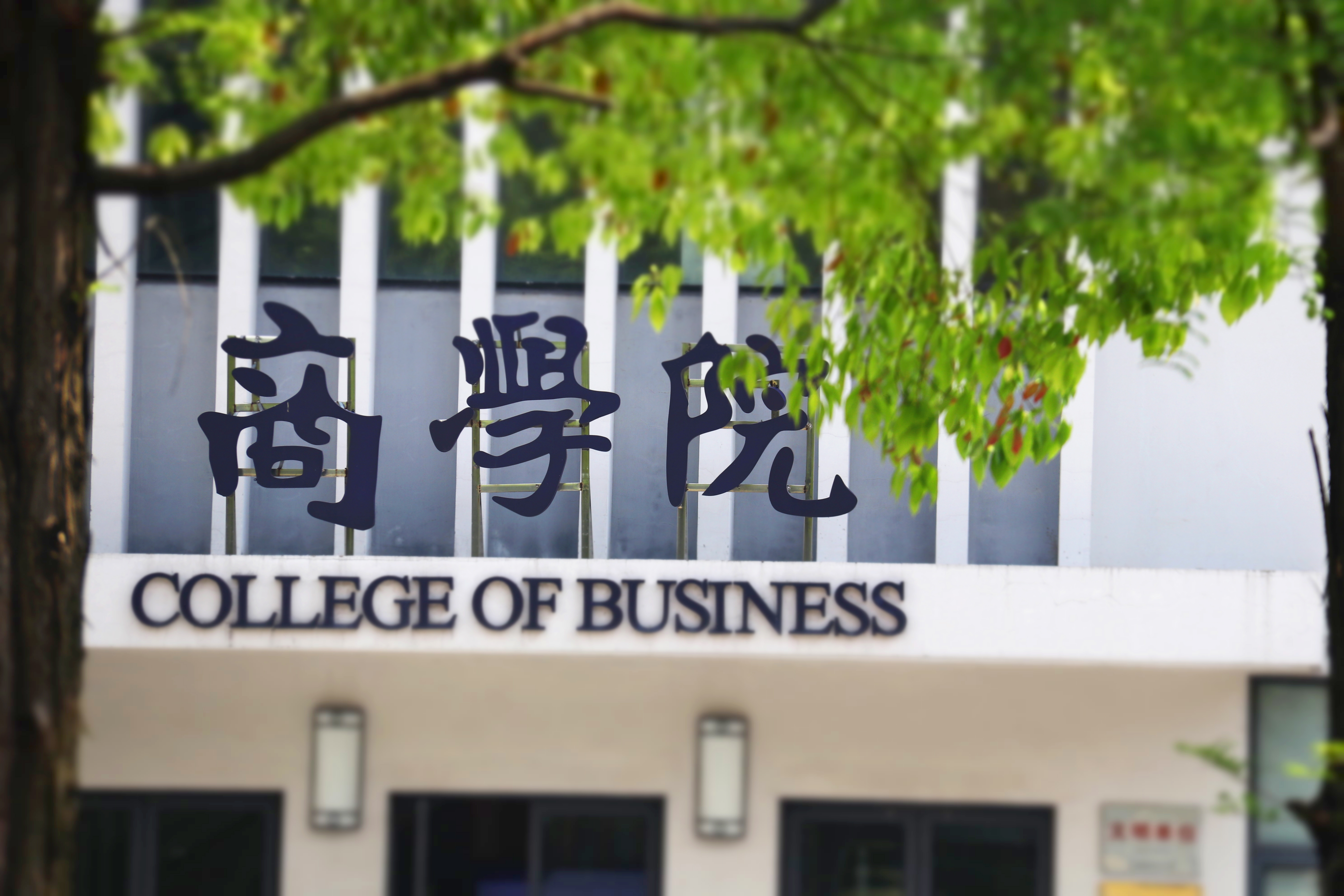In order to further strengthen the professional knowledge, improve the professional quality and broaden the international vision of the students in the international organization talent training program of Shanghai University of Finance and economics. On December 10, Dr. Liu Huacong was invited to give a special speech entitled "the Role of International organizations in the Global Education Policy Under the Goal of Sustainable Development".
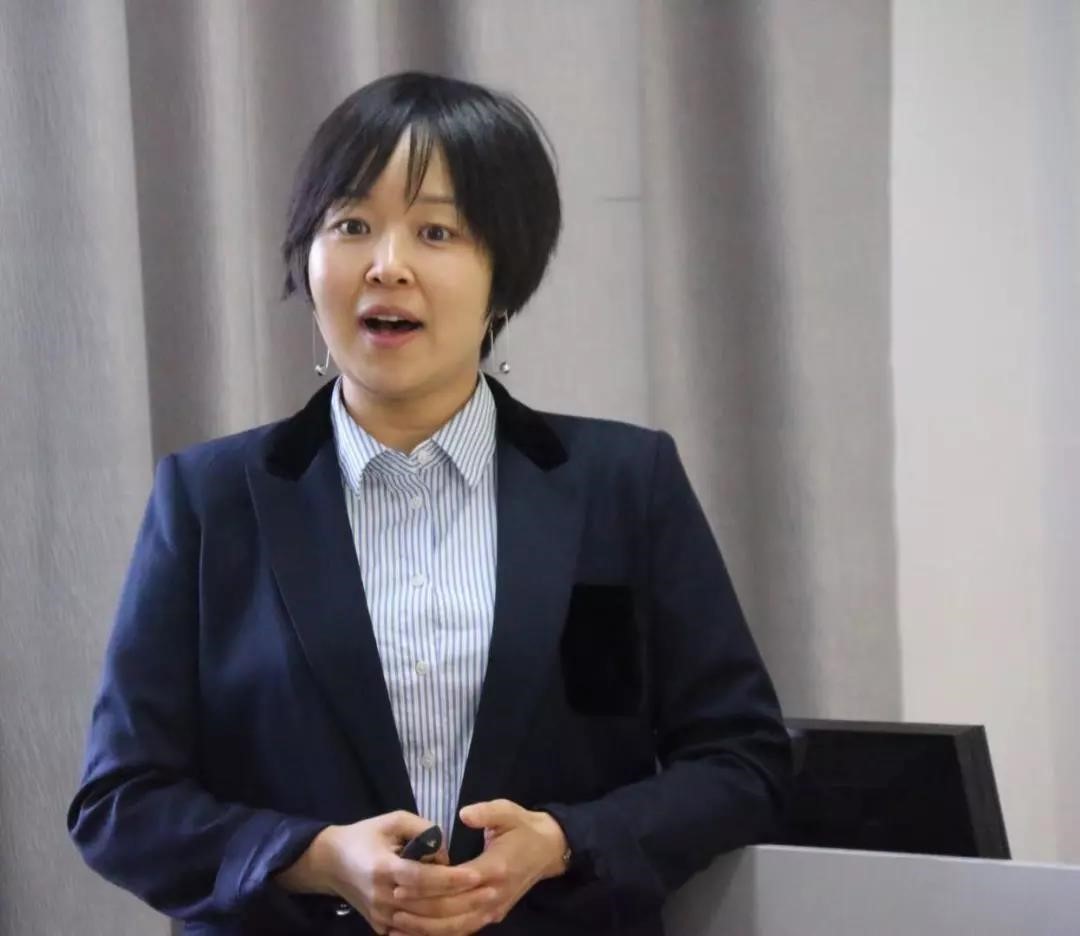
Dr. Liu Huacong delivered a keynote speech
Before the lecture, Dr. Liu Huacong first asked the students on site to make a brief introduction and briefly talk about what they want to know about international organizations. After the students talking, Dr. Liu Huacong summarized their questions and puzzles. Then, with these questions, she started today's sharing lecture.
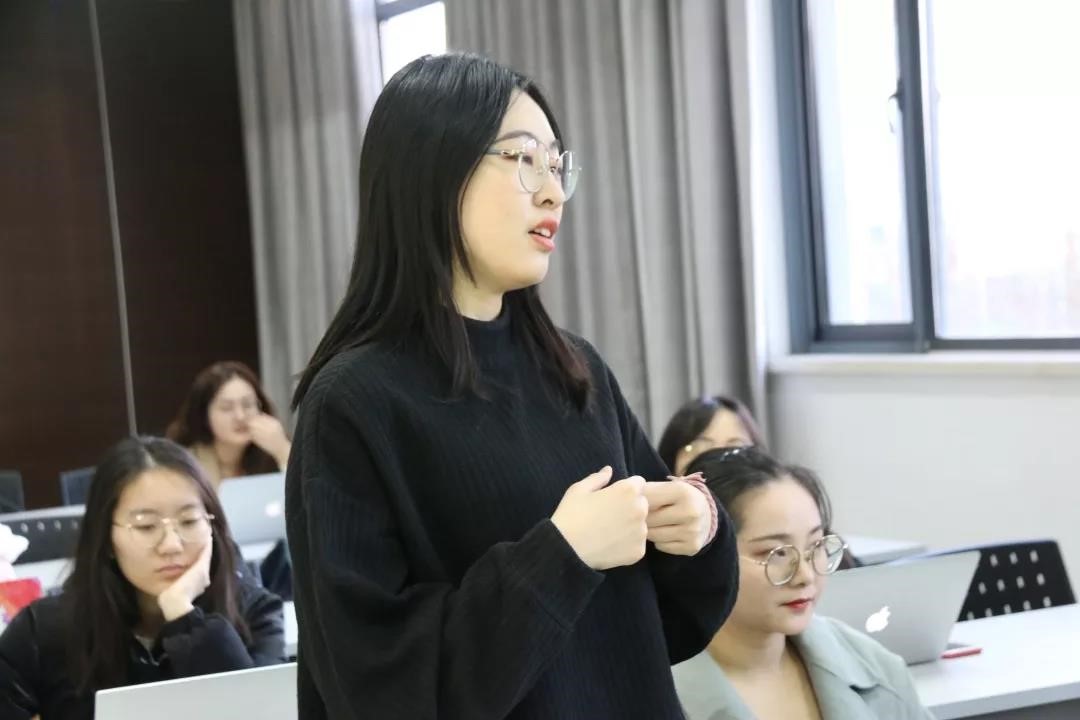
First of all, Dr. Liu Huacong briefly introduced the program for International Student Assessment (PISA), which has wide international influence. Pisa is a triennial assessment of the core literacy of 15-16-year-old students initiated by the organization for economic co-operation and development (OECD) in 2000. These core competencies include reading, mathematics and science. PISA is also adopted by OECD and education economists as a measure of the quality of basic education in a country. OECD not only publishes student achievement rankings of participating countries and regions, but also publishes survey which based analysis reports. These reports cover multiple dimensions of information, such as student learning efficiency, efficiency of basic education funding, school quality, relevance of students' family background and other indicators and cross-border comparisons. OECD tries to provide basic education improvement suggestions for participating countries and regions through in-depth analysis report. Later, Dr. Liu introduced in detail the impact of Pisa on German basic education. Germany's Pisa embarrassing ranking in 2000 has aroused extensive discussion and reflection in China, and finally promoted the reform and adjustment of German policy on primary school graduation.
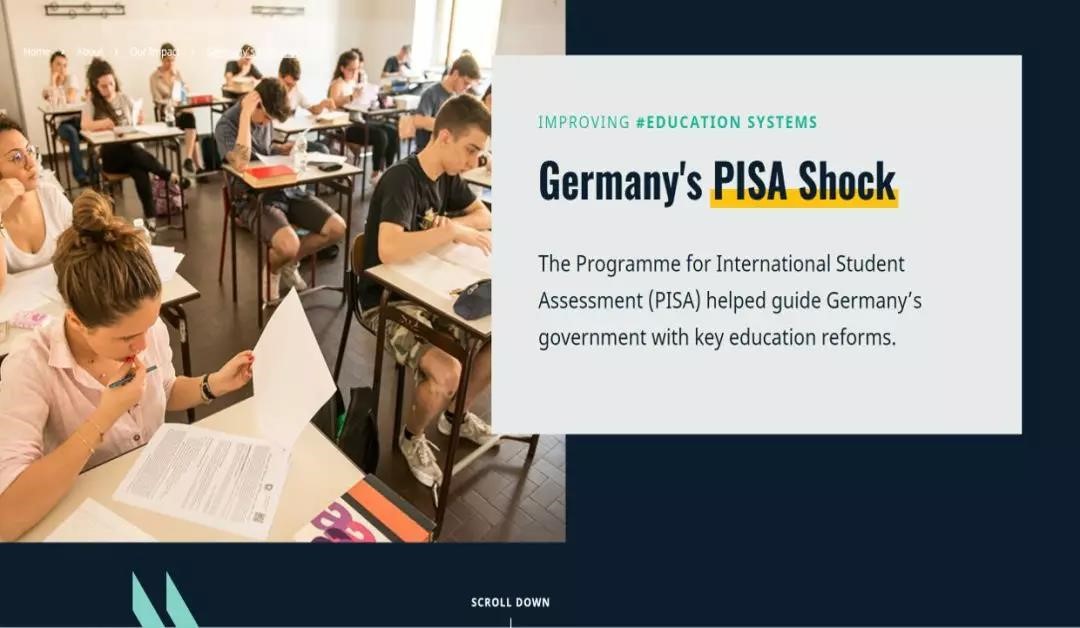
Today, OECD uses Pisa as a tool to influence the education policies of its member countries, and further extends this influence to other middle-income countries (non OECD member countries). The OECD has recently expanded PISA to low-income countries through cooperation with the world bank. At present, Pisa has covered more than 80 countries and regions in the world, and its sample and evaluation data represent the reading and mathematics literacy of 32 million students in the income groups of high school and low three countries. Pisa's impact on global education policy continues. By providing a reference program for the lack of data in learning indicator sdg4.1.1 under the UNESCO led 2030 education sustainable development goal (sdg4), Pisa may cover more UN member countries. Dr. Liu started with Pisa as an evaluation tool, combined with his work experience in three international organizations, especially in the discussion and negotiation of sdg4 education testing indicators, and shared the cooperation and non-cooperation relationship between international organizations in the global education affairs under the framework of sdg4.
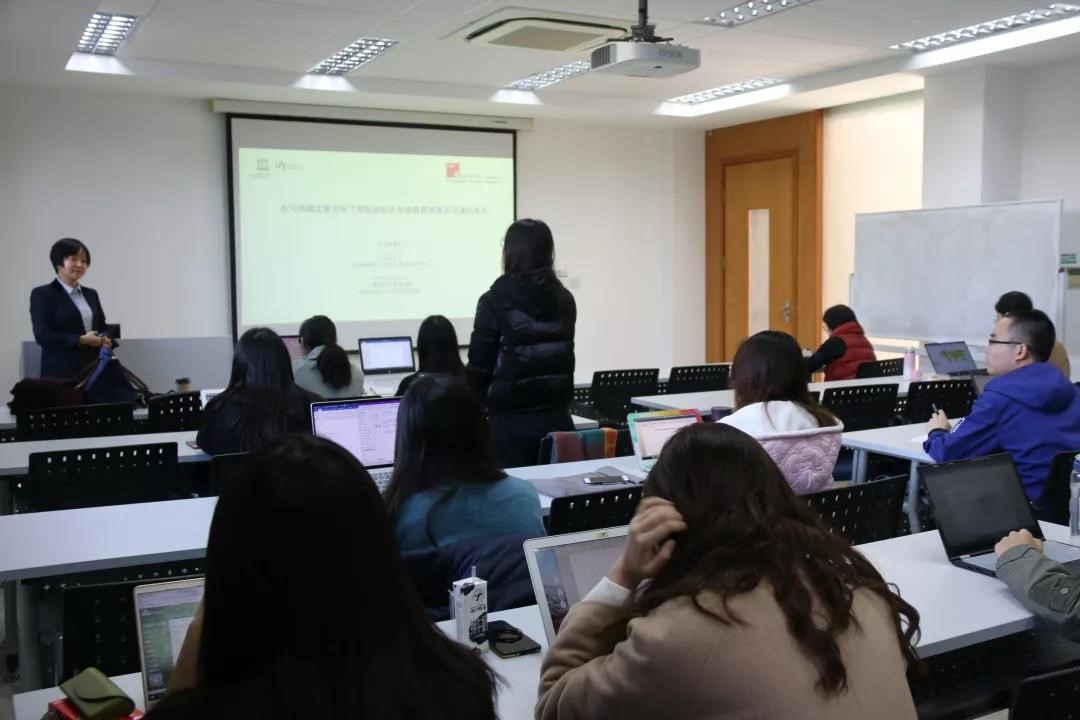
Finally, as an alumina graduated from SUFE, Dr. Liu shared the experience and experience of working in an international organization with the students present. She believes that in addition to professional knowledge, it is also important to cultivate the ability to communicate and collaborate with people from different academic fields and backgrounds, understand how to express different opinions and effectively communicate with people with different views, and sincerely hope to hear more experience sharing of empirical research based on China in international affairs.
Introduction to the Speaker
Liu Huacong, Ph.D. in higher education, Pennsylvania State University. At present, he is a senior researcher of the University of Hamburg and the Institute of lifelong education of UNESCO. Previously, he served as a senior researcher of the UNESCO global education quality inspection report (GEMR) and a policy researcher of the education and skills division of the OECD, and published a number of international organizations, government policy reports and academic articles. At present, he is also the special editor of UNESCO 2030 sustainable development goal 4.6.1 youth and adult skills.

